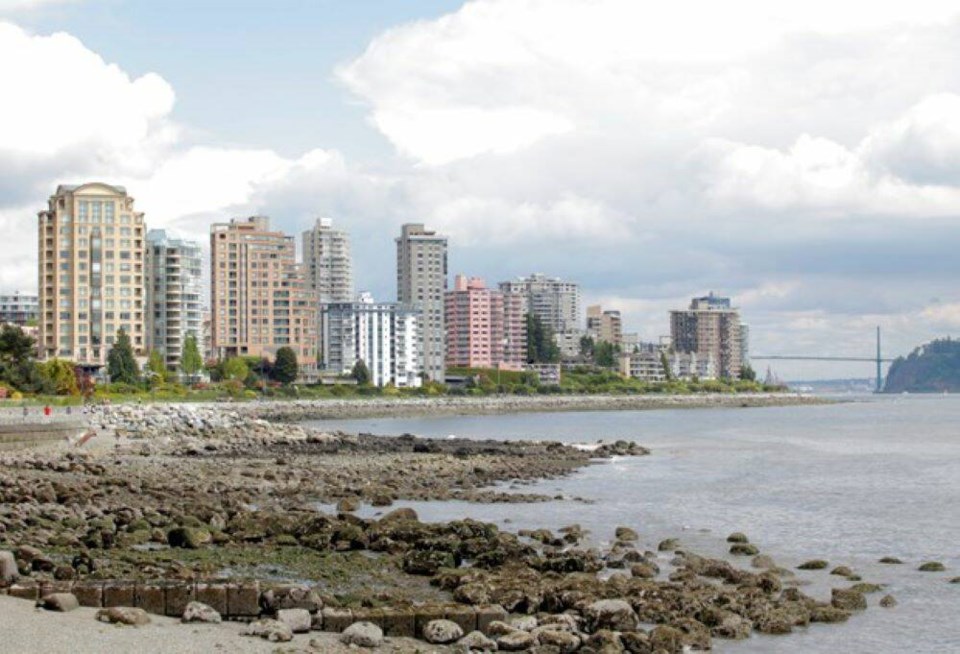The hammer hasn’t dropped quite yet on West Vancouver, but it is in the hands of the premier and his housing minister, and its ominous presence is pressing upon us.
My first North Shore News column last year suggested the NDP government would be willing under David Eby to force communities, probably including this one, to accelerate housing development. A couple of councillors sent along notes doubting it would happen.
As we know now, it is happening and is a real threat. Even if in our case it’s politically unpopular, there are no NDP seats to lose in forcing the issue.
The district is among 10 B.C. communities on the first of at least two lists of places that the province will direct this year to build, build, build. Any perceived, prolonged balking will see the Eby government early next year (in time for an election) possibly take matters into its own hands and order construction. It has the constitutional right and last year’s Housing Supply Act to do so. It’s become time for a plan – whether it’s to proceed with rapid development or a rugged challenge to the idea.
In the immediate term, West Vancouver is at a loss to understand what will satisfy the province because many details of the provincial housing initiative remain cloaked. You can’t fight what you can’t figure out. Housing Minister Ravi Kahlon cleverly released the list of naughty, not nice communities, and the criteria for assessing who belongs on the list, but cannily neither the scores for each community on the 10-item list nor the prescriptions necessary to be nice, not naughty.
We will learn this summer about the expectations of how much and how soon, but on several criteria – rental affordability, social housing waitlists, the renter/owner ratio, housing units per land units, and the density of growth over the last decade – I can imagine Santa feels correct in putting coal into the fireplace stocking.
What I wonder is not so much where it expects West Vancouver to build but what it expects West Vancouver to build. The province isn’t looking for more pricey condominiums and certainly not looking for more single-family residences, the two staples of the West Vancouver housing profile. It’s looking much more for purpose-built rental development, below-market units for lower-income residents, and what people call but have some trouble defining as housing’s “missing middle” of townhouses and high rises. There thankfully is no pretense this will lower prices, only that it will somewhat slow the increases in them.
For West Vancouver and other communities on the 10-town list, this represents quite the defining moment: to cooperate or to challenge. By including WestVan and the District (but not the City) of North Vancouver, arguably the list’s two highest-incomed communities that are but small specks of B.C.’s population, the Eby government is making a statement about the inherent social obligation of wealthier locales. (Conspicuously absent from this top-down exercise, of course, is any self-evaluation on public transit, road infrastructure, health care delivery, school construction and the like.)
A doubling or tripling of local construction wouldn’t contribute any more than two or three hundred units, a rounding error in the Lower Mainland’s anticipated growth demands. West Vancouver and North Vancouver districts are being made examples of, as they were earlier with the so-called “school tax” and the pandemic-era tax increase solely in the highest income bracket. The NDP can’t help being the NDP, capturing and redistributing income wherever imaginations venture and there is no particular political cost.
Local politicians say they would like more affordable housing for first responders, teachers and public servants, most of whom live elsewhere. Let’s be real. Today I found only two West Vancouver units online for less than $500,000 – one is a mobile home, one is in probate. Project that out three or four years and it’s even less pretty. Other places offer some bang for the buck for five-figure incomes. Without substantial subsidies, the repatriation of local workers is folly to contemplate.
West Vancouver’s stagnating population is economically worrying, but the heavy hand of senior government is a dreadful remedy. This council needs to march to its own drummer, not the beat set in Victoria by a government with whom there is little mutual respect.
Kirk LaPointe is publisher and executive editor of Business in Vancouver as well as vice-president, editorial, Glacier Media Group, the North Shore News’ parent company. He is also a West Vancouverite.


